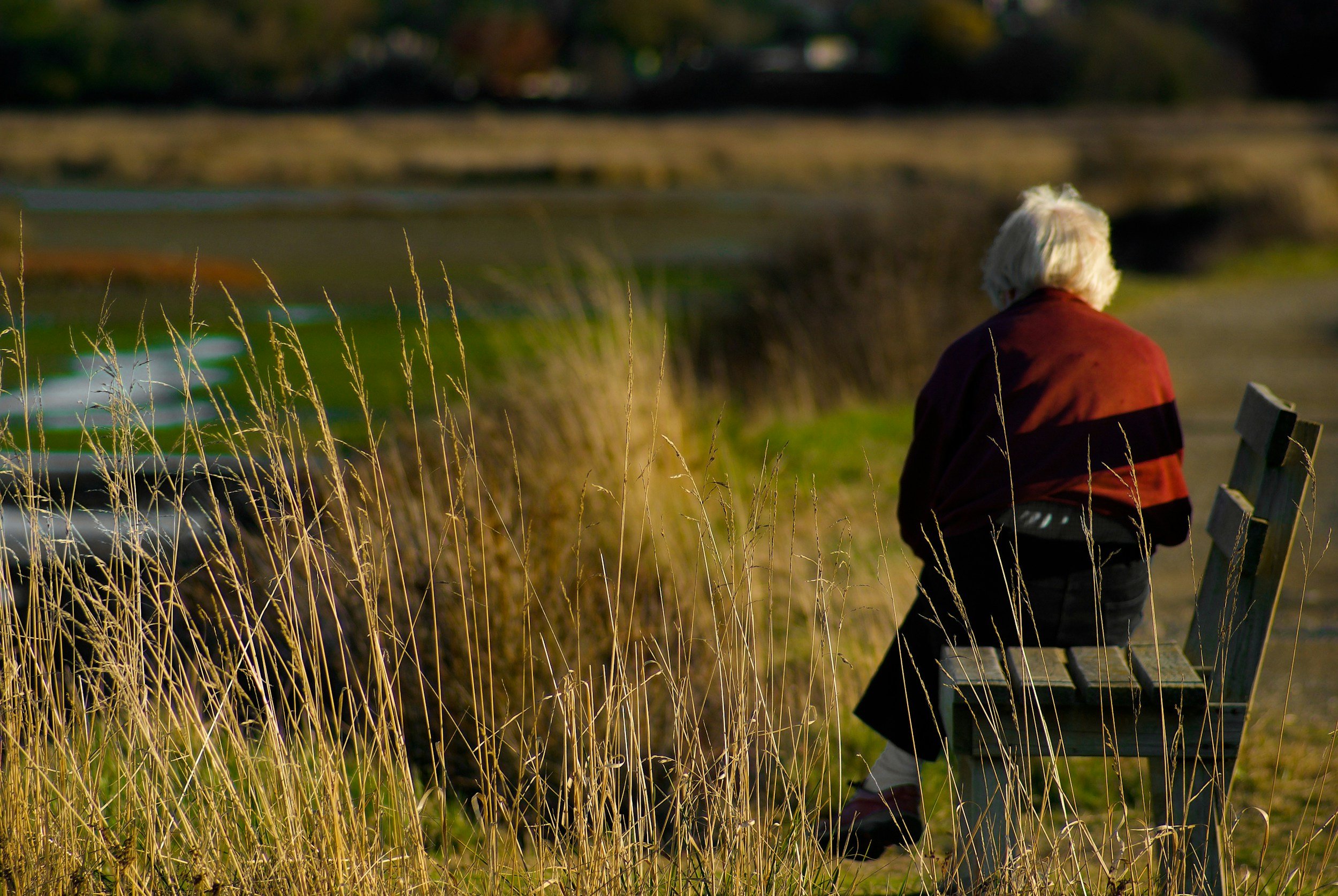The Lights Went Out: Tell Her Story
Last night, I had a dream.
Suddenly, everything turned dark. The light shut off from my eyes—not just visually, but vibrationally. I felt the frequency of the space drop into something I can only describe as a thick, heavy sadness. It was haunting.
The dream didn’t come out of nowhere.
I’ve been working recently with maternal lineage—asking questions about the women who came before me. And particularly, I’d been thinking about my mother’s mother.
My grandmother lived the last years of her life blind, the result of diabetes. I grew up seeing her in that state—sensing her quiet resilience. She passed when I was still a child. And still today, I can feel how her story lives in me. Every time I reach for sugar, a thread in my mind tugs back to her. To blindness. To something unspoken.
Some time ago, I asked the elder women in my family about her. I wanted to understand—how did she survive? How did she care for nine children while her health deteriorated? But the stories I received were all about how wonderful she was. Loving. Kind. Generous.
And yes, she was all of that.
But she was also more. She was whole. And her body—was screaming.
Her body held a truth we hadn’t yet named.
Her father didn’t recognize her at birth. Later in life, he offered her his last name—but she rejected it. That moment of paternal rejection, that erasure, rippled through generations. I can’t imagine what that must have felt like for her. To be born unseen, and to reject visibility when it came too late. In my memory, her father is a ghost. I’ve never heard much about him. Silence shrouds that part of the family story.
But silence doesn’t heal. It hardens. It hides.
This is why we tell our stories. Because stories always want to be told.
They don’t just live in memory—they live in the body.
And the body remembers everything.
My dream wasn’t just a dream. It was a visitation. A reminder. That her story wants to be seen. That pain, if hidden, does not dissolve—it echoes. It vibrates through the bloodline. Through cells. Through women who smile while aching quietly.
As I walked through the darkness of that dream, I revisited an old knowing:
Our ancestors are always there. And sometimes they pay us a visit.
We are not just here to remember our ancestors with reverence—we are here to tell their stories and heal through them. At least, this is what my grandmother was calling me to do this time.
To say out loud what was hushed.
To love the whole woman—not just the parts that made others comfortable.
We are loving women. Caring women. But that doesn’t mean we have to carry the pain in silence.
If your body is speaking—through illness, anxiety, fatigue—it may be telling a story too painful for your mouth to shape.
Let it speak.
Let it be seen.
Let it be released.
Healing the maternal line isn’t about blaming—it’s about unbinding.
We don’t need to carry their suffering to carry their love.
Be the generation that turns toward what was rejected, with courage.
See what is unseen.
And through that witnessing— heal.

